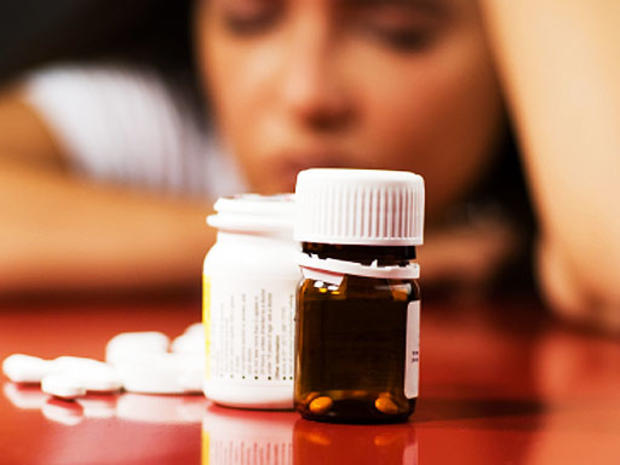Can suicide be really predicted? Study says yes
(CBS) Wouldn't it be great if there were a simple questionnaire that could predict who is and who isn't going to attempt suicide? Turns out there is, and new research shows it to be extremely accurate.
PICTURES - Who's at risk for suicide? 5 life-saving questions to ask
Researchers evaluated the Columbia-Suicide Severity Rating Scale (C-SSRS) - already in use by institutions ranging from the World Health Organization to local fire departments - in three separate studies. One involved adults given emergency care for psychiatric problems. Two others involved adolescents who had been diagnosed with major depression or who had attempted suicide.
The study's lead author said the studies showed that the C-SSRS was "extremely accurate" at predicting suicide attempts.
"This is a very feasible, easy approach that will help us identify people we need to get to," Dr. Kelly Posner, director of Columbia University's Center for Suicide Risk Assessment in New York City, told CBS News. "It identifies people we would have missed otherwise, and avoids the 'false positives'" in which people who aren't truly suicidal wind up getting costly and burdensome evaluations.
The scale, which is available in 103 languages, can be administered in minutes by anyone trained in its use - not just health-care professionals, according to a written statement about the study issued by the university. The study was published online Nov. 8 and will appear in the Dec. issue of the American Journal of Psychiatry.
Dr. Posner said there hadn't been any comprehensive way to assess risk of suicide before the scale came into use. Given its simplicity and proven accuracy, she called on doctors to use the scale on a routine basis with their patients.
"Fifty percent of suicides see their primary-care doctor the month before they die," she said. "We should be asking these questions the way we monitor for blood pressure."
Dr. Jeffrey Lieberman, chairman of the department of psychiatry at Columbia and director of the New York State Psychiatric Institute, seemed to concur on the benefits of widespread screening using the scale. "The public health benefits in terms of lives saved could be enormous," he said in the statement.
Suicide is certainly a big problem. According to the National Institute of Mental Health, it was the tenth leading cause of death in the U.S. in 2007, accounting for 34,598 deaths. For every suicide, there are an estimated 11 suicide attempts

